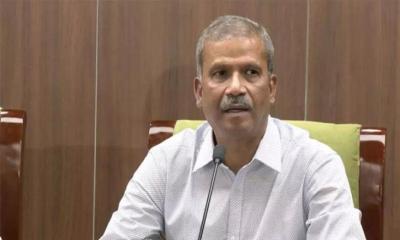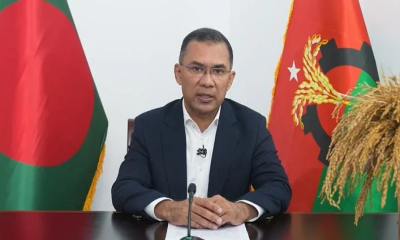Despite a Supreme Court status quo on a High Court judgment concerning the reintroduction of the quota system in government jobs, student protesters across Bangladesh intensified their demonstrations on July 10 last year, reiterating their demand for a comprehensive quota reform.
On that day, the Appellate Division ordered a four-week status quo on the High Court’s earlier directive, which had reinstated the quota system. The apex court made the decision in response to petitions filed by the government and two Dhaka University students, and scheduled a hearing for August 7, 2024, after asking the parties to file leave-to-appeal petitions.
In reaction, anti-discrimination student movement leaders declared that the protest would not end until the government formed a commission to review and reform the quota policy, and subsequently pass legislation in Parliament to implement the changes.
Addressing a large gathering at the Shahbagh intersection on the evening of July 10, student leader Sarjis Alam said, “We will only step back when we hear from the highest level of government that a reform commission will be formed, and the necessary legal framework will follow.”
Another key organiser, Asif Mahmud—who later became an adviser to the interim government—announced that the nationwide “Bangla Blockade” would resume at 3:30pm on July 11, with students occupying highways and railways across the country. In Dhaka, the protest was to begin in front of Dhaka University’s Central Library and spread to major intersections.
The July 10 protests marked a significant escalation. After a brief pause, students resumed their blockade that morning, paralyzing Dhaka and other major cities. Road and rail communications were disrupted, bringing public life to a standstill. Shahbagh once again emerged as the epicenter of the protest.
From early morning, students from various residential halls of Dhaka University gathered in front of the Central Library, marching in processions and blocking key intersections including Shahbagh, Karwan Bazar, Bangla Motor, Farmgate, and Chankharpul.
Students from Jagannath University, Eden Mohila College, Titumir College, Jahangirnagar University, Chittagong University, Rajshahi University, Shahjalal University of Science and Technology, and other institutions joined the protest, enforcing blockades on highways and rail lines in their respective regions.
As the class and exam boycott continued for the fourth consecutive day, students reiterated their call for a quota reform law grounded in merit and fairness.
Meanwhile, government officials urged students to return to classes. Awami League General Secretary Obaidul Quader stated, “The court’s decision is final. Students should avoid public disruption and resume academic activities.” Attorney General AM Amin Uddin added that the quota system would not apply to circulars issued under the 2018 policy that abolished quotas in grades nine to thirteen of government jobs, urging students to end their agitation.
Nevertheless, the protestors remained firm in their demands, emphasizing the need for systemic reform and legislative clarity on the quota issue.


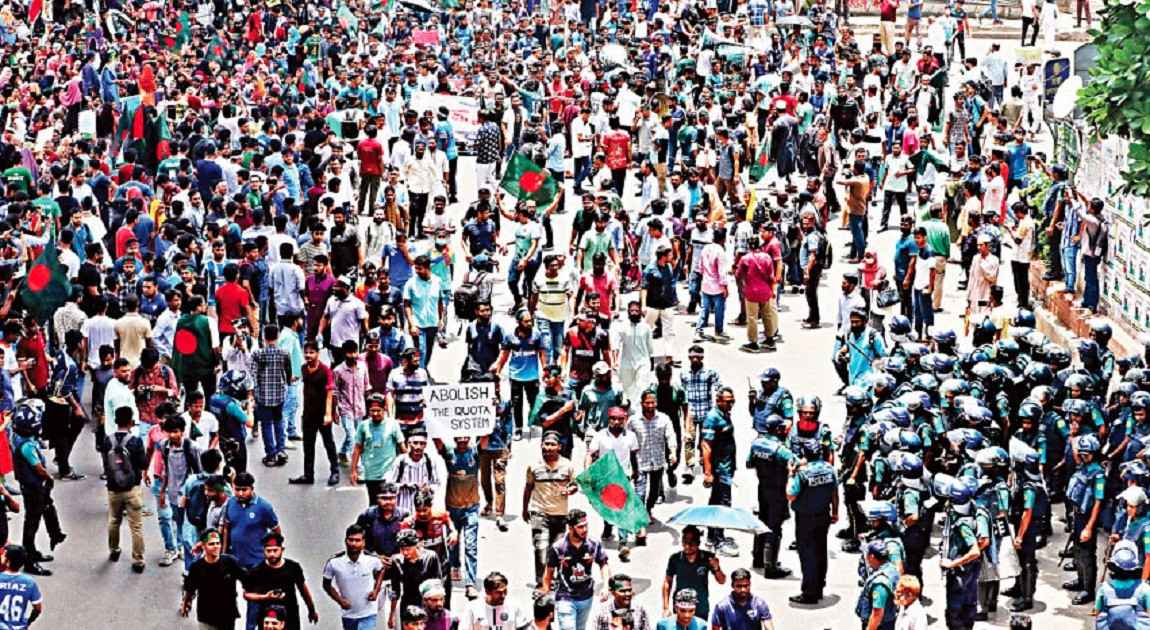

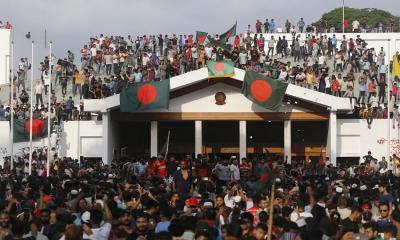
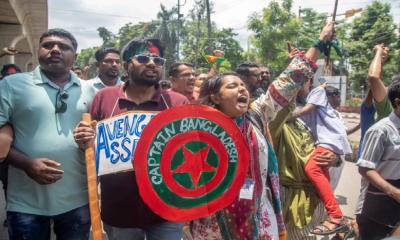
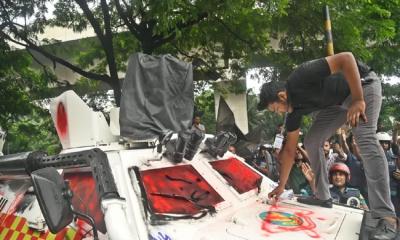
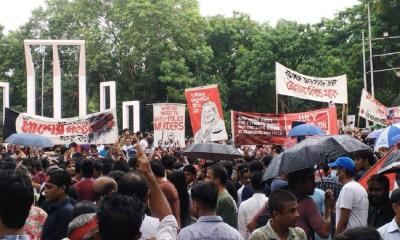

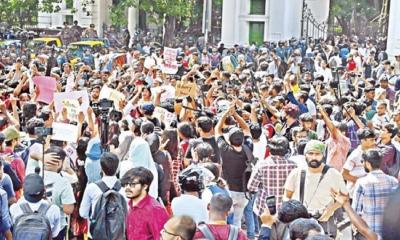
-20260216115008.webp)






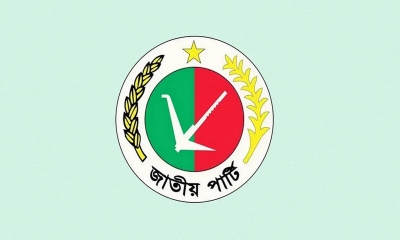
-20260216055149.webp)





